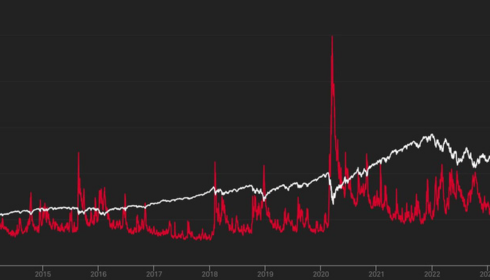
When leaving Canada for good, there are essential tax obligations you must address, one of which is the departure tax. This tax, also known as the deemed disposition tax, applies to those who sever their residency ties with Canada. It’s crucial to understand how this works, especially when dealing with assets that remain in Canada. For more detailed insights, refer to Webtaxonline departure tax Canada.
What is Departure Tax in Canada?
Departure tax is a tax imposed on individuals who cease to be Canadian residents. The Canada Revenue Agency (CRA) considers this a “deemed disposition” of certain types of property, as though you sold your assets on the day before leaving Canada. The purpose of this tax is to ensure you pay taxes on gains accrued during your residency.
Who Needs to Pay Departure Tax?
Departure tax applies to Canadian residents who:
- Move abroad permanently.
- Declare non-residency status for tax purposes.
If you retain significant residential or financial ties to Canada, such as a home or bank account, you may not qualify as a non-resident. Understanding these criteria is essential to avoid missteps with the CRA.
Common Assets Subject to Departure Tax
Assets that may be subject to the departure tax include:
- Stocks and bonds.
- Shares in private corporations.
- Real estate is not designated as your principal residence.
- Artwork and collectables.
Certain exclusions apply, such as property located in Canada and pensions. Consulting a tax expert can help clarify what applies to your specific situation.
Canadian Updates: Recent Changes to Departure Tax Rules
The CRA continuously revises its tax regulations, and recent updates highlight a stricter approach toward identifying taxable assets. In 2024, a renewed focus on international tax compliance has led to enhanced scrutiny of departing residents’ financial disclosures.
Another update involves digital assets, such as cryptocurrencies. With their increasing popularity, the CRA has reinforced rules regarding their valuation and inclusion in departure tax assessments.
These updates emphasize the importance of thorough planning when preparing for a move abroad. Early engagement with a tax professional ensures compliance and can help minimize your tax burden.
How to Calculate Departure Tax
To calculate departure tax, follow these steps:
1. Identify Taxable Assets
List all assets subject to the deemed disposition rule. Exclude those exempted under CRA guidelines.
2. Determine Fair Market Value (FMV)
Determine the FMV of your taxable assets on the day before your departure. This is the price an asset would sell for in an open market.
3. Calculate Capital Gains
Subtract the asset’s adjusted cost base (ACB) from its FMV. The difference represents your capital gains.
4. Apply Tax Rates
Capital gains are taxed at 50% of their value. This means only half of your calculated gains are taxable.
Accurate calculations are vital to ensure compliance and avoid penalties.
Filing Departure Tax with the CRA
Filing departure tax involves completing the T1161 form, which lists all your taxable assets. You’ll also need to declare your departure date on your final Canadian tax return. Ensure you meet all CRA deadlines to avoid fines.
Failure to file accurately can result in significant penalties. For instance, non-disclosure of assets may incur a penalty of up to $2,500. This highlights the importance of seeking professional guidance.
Steps to Reduce Your Departure Tax Liability
There are ways to mitigate your departure tax obligations, including:
1. Designating a Principal Residence
Your principal residence is exempt from departure tax. Selling or properly designating it before leaving can save you money.
2. Contributing to RRSPs
Funds in Registered Retirement Savings Plans (RRSPs) are not subject to departure tax. Maximizing contributions before leaving can shield more of your savings.
3. Engaging a Tax Consultant
Professional advice ensures accurate reporting and can help uncover tax-saving opportunities tailored to your circumstances.
Conclusion
Navigating Canadian departure tax can be complex, but proper planning and professional assistance make the process smoother. If you’re planning to move abroad or need expert advice on tax compliance, consider reaching out to a trusted tax consultant. Those in Toronto looking for reliable guidance can contact webtaxonline.ca. Their expertise can help ensure your departure is financially stress-free.








